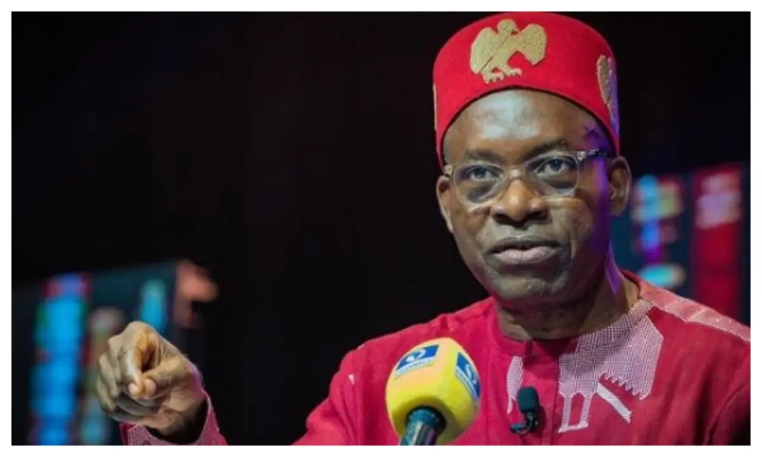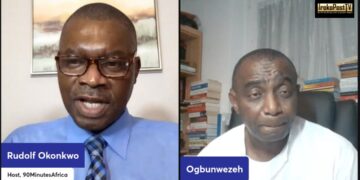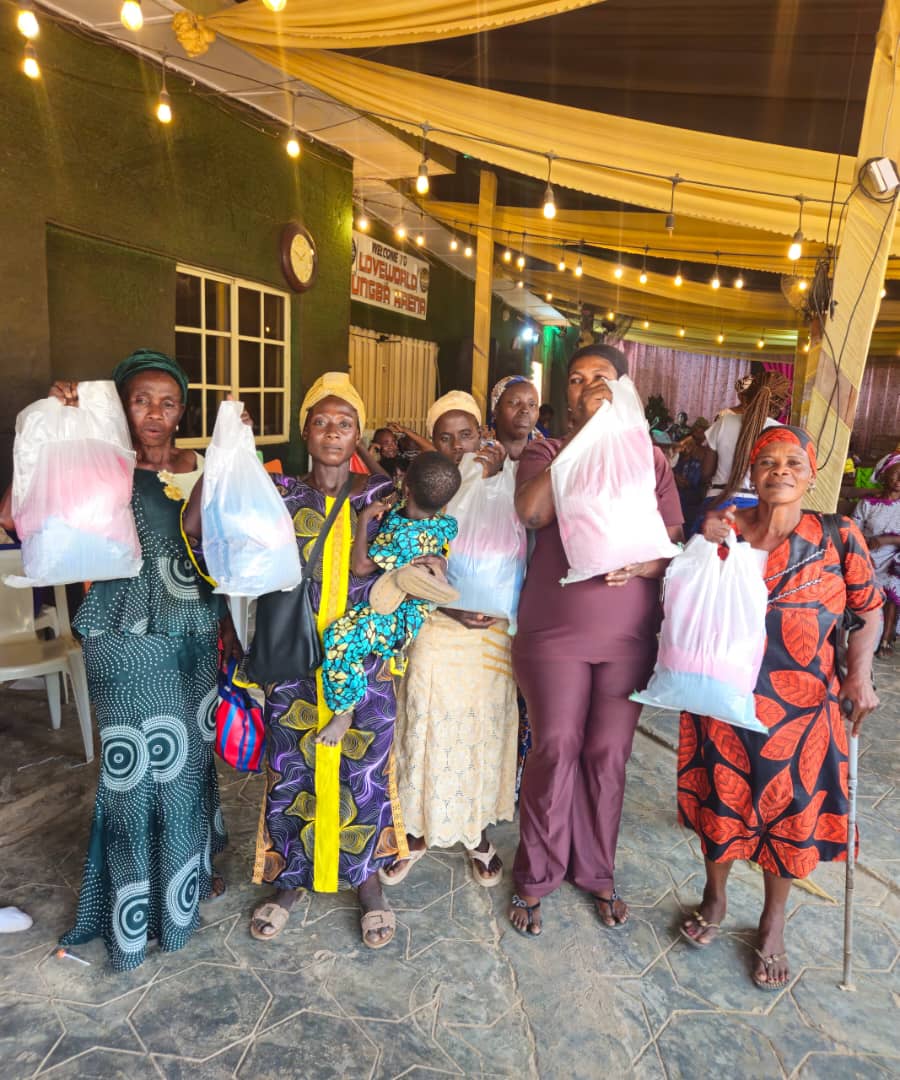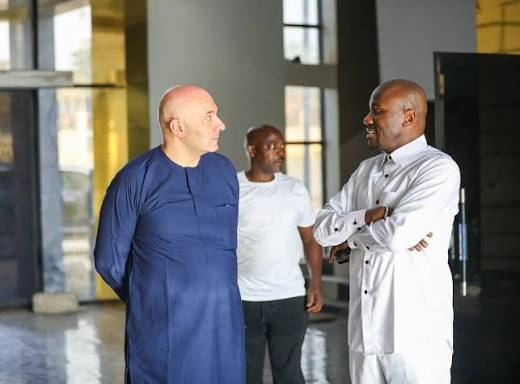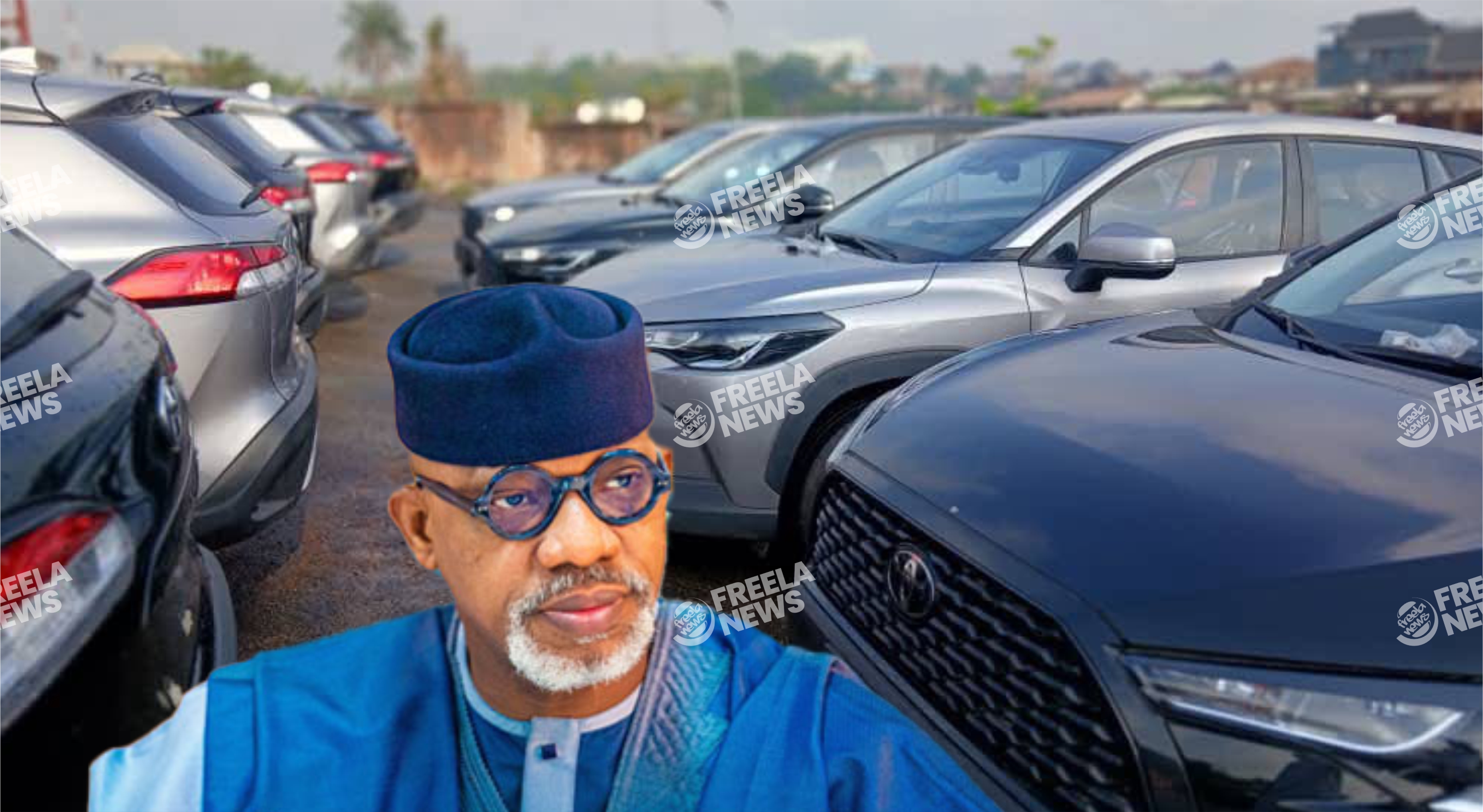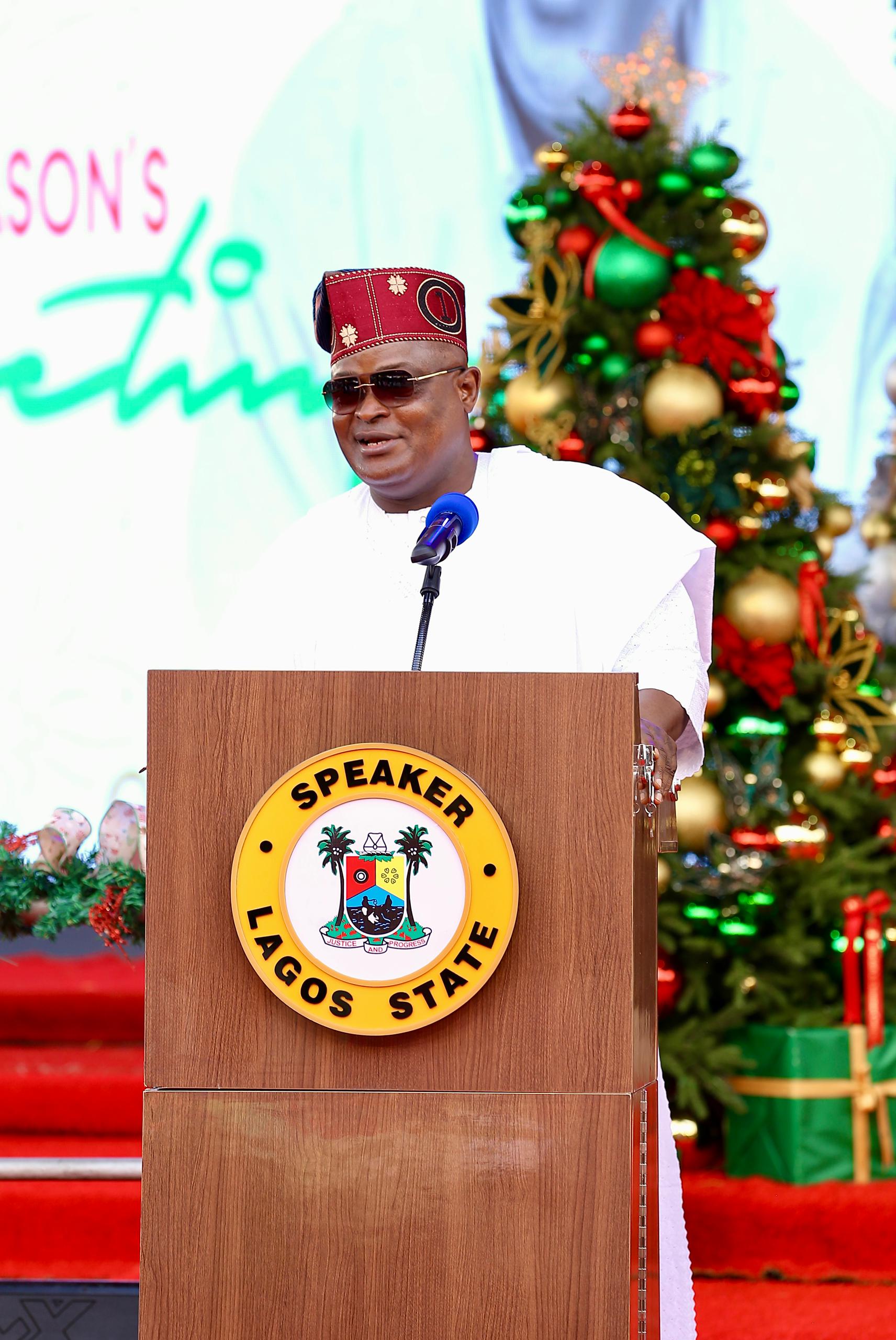President Tinubu mocks opposition crisis, prompting accusations of undermining democracy as 2027 election battlelines begin to form
There is intense drama as President Bola Ahmed Tinubu mocks opposition crisis engulfing Nigeria’s major parties, declaring he has no intention of helping them resolve their problems.
Also read: Tinubu self-naming spree raises eyebrows as critics warn legacy may not endure
He instead advised them to “examine their internal processes” if they fear further defections and instability.
His remarks come amid sustained accusations from rival parties—including the PDP, Labour Party, and NNPP—that the ruling All Progressives Congress (APC) is actively working to destabilise the opposition.
These claims, which the APC has repeatedly denied, resurfaced following a surge of defections into the ruling party.
Tinubu doubled down on his position at a recent political gathering, stating, “Political parties fearful of members leaving may be better served by examining their internal processes and affairs rather than fearfully conjuring up demons that do not exist. For me, I would say try your best to put your house in order. I will not help you do so. It is, indeed, a pleasure to witness you in such disarray.”
He added that the APC has a right to welcome defectors, arguing that refusing them would amount to political malpractice.
His comments sparked outrage across Nigeria’s fragmented opposition landscape, with various leaders accusing the president of deliberately orchestrating their disunity.
Dr Ralph Okey Nwosu, National Chairman of the African Democratic Congress (ADC), condemned Tinubu’s comments as dangerous and undemocratic.
He alleged that state resources are being deployed to muzzle the opposition in a calculated move towards “one-party fascism.”
The PDP, through its Deputy National Publicity Secretary, Ibrahim Abdullahi, warned Tinubu not to get comfortable in power.
It is, indeed, a pleasure to witness you in such disarray.
Abdullahi predicted that the worsening economic situation alone would drive Nigerians to vote the APC out in 2027, claiming the PDP would be “stabilised” by then and ready to reclaim national leadership.
Former Vice President Atiku Abubakar echoed this sentiment, accusing Tinubu of dismantling the hard-won gains of Nigeria’s June 12 democratic struggle.
He said the current administration has abandoned governance in favour of conquest, describing Tinubu’s leadership as “the lowest ebb in our democratic journey.”
Atiku’s views were reinforced by Peter Obi’s campaign spokesman, Dr Yunusa Tanko, who called on the international community to take note of what he described as an active attempt to dismantle Nigeria’s multiparty democracy.
Civil society organisations have also weighed in. CHRICED’s Ibrahim Zikirullahi and GCRCO’s Armsfree Ajanaku described Tinubu’s remarks as troubling and unpresidential, stressing that a vibrant opposition is key to democratic health.
Political analyst Professor Abubakar Umar Kari offered a historical lens, warning that Tinubu’s current trajectory starkly contradicts his earlier reputation as a democratic reformer.
Kari said the president appears intent on remaking Nigeria into a de facto one-party state, using allies within opposition ranks—like FCT Minister Nyesom Wike—to sow division.
Meanwhile, the opposition remains in deep disarray. The PDP continues to battle the fallout of its 2023 loss and internal factionalism linked to the G5 governors.
Labour Party faces legitimacy disputes between rival factions led by Julius Abure and Lamidi Apapa, while the NNPP struggles with a power tussle between 2023 candidate Rabiu Kwankwaso and its founder Boniface Aniebonam. Other parties such as APGA and SDP are also battling similar infighting.
Despite the turmoil, Tinubu dismissed fears of a one-party Nigeria, claiming he had always stood against such a system—even when the PDP once sought to dominate the political landscape.
“In 2003, when the then-governing party tried to sweep the nation clean of political opposition… I was the last of the progressive governors standing in my region,” Tinubu said. “Where are they now?”
While his supporters hail this as political confidence, critics view it as a troubling signal of authoritarian drift.
Also read: Tinubu administration fails to improve Nigerians’ quality of life, says ex-presidential aide Hakeem Baba-Ahmed
As 2027 approaches, Nigeria’s political terrain seems headed for fierce contestation—with an emboldened ruling party and a fractured, but slowly regrouping, opposition.






